Differences and similarities between words
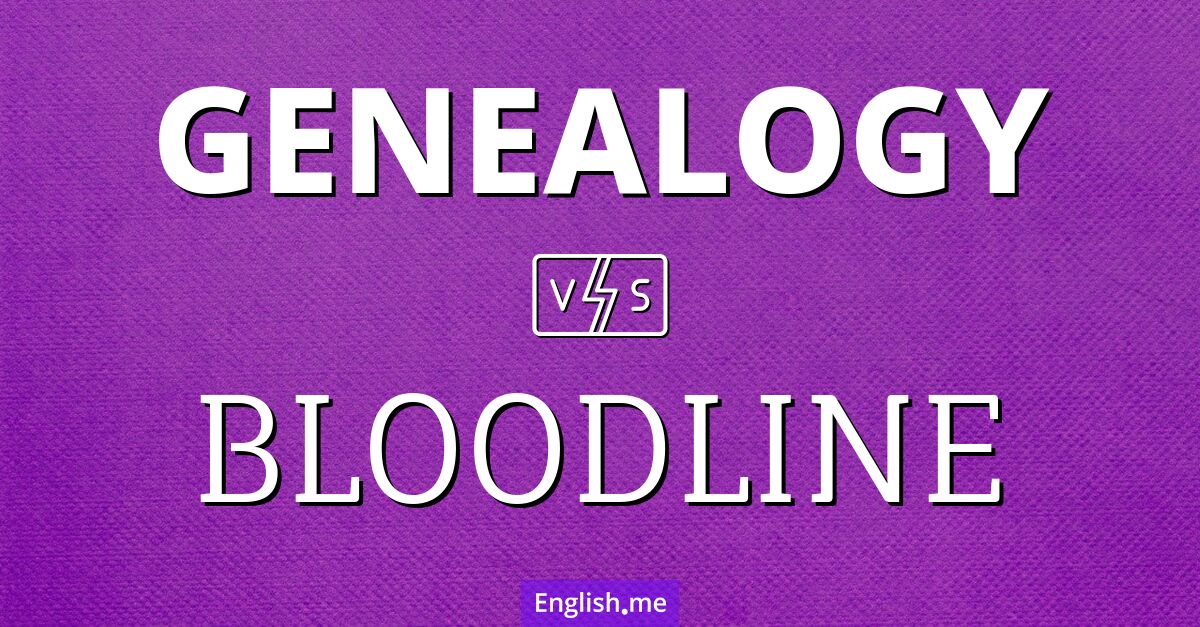
Exploring roots: "genealogy" vs. "bloodline"
Genealogy is the study and tracing of family ancestries and ... Learn more →
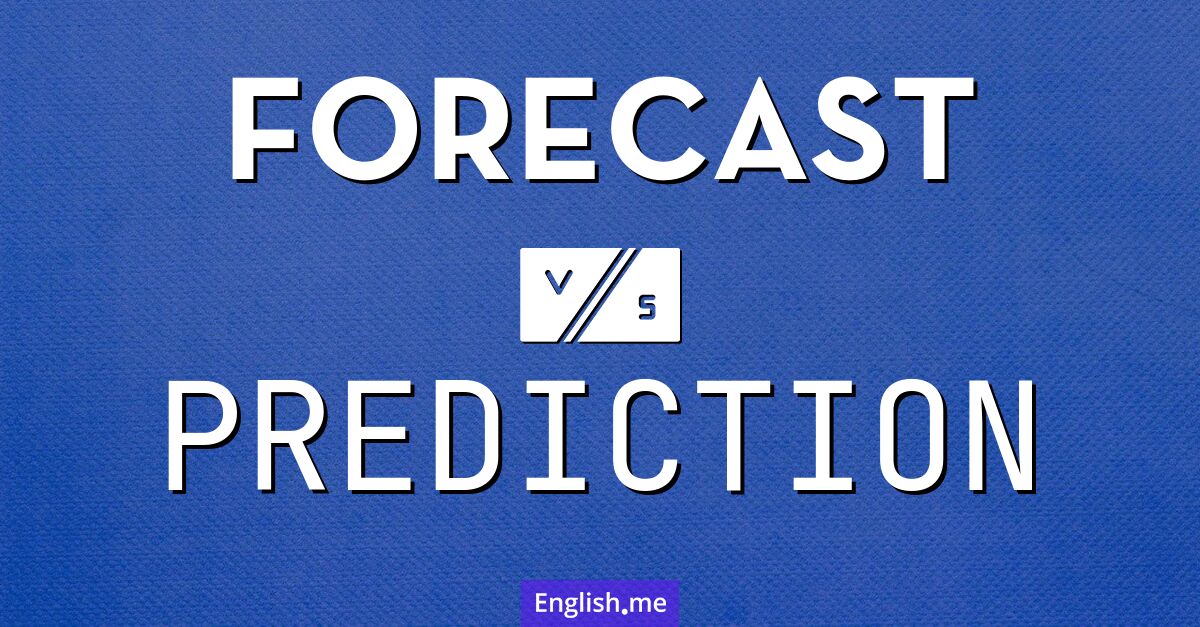
"Forecast" vs. "prediction": reading the future in words
Forecast often implies a systematic, data-driven approach and is commonly ... Learn more →
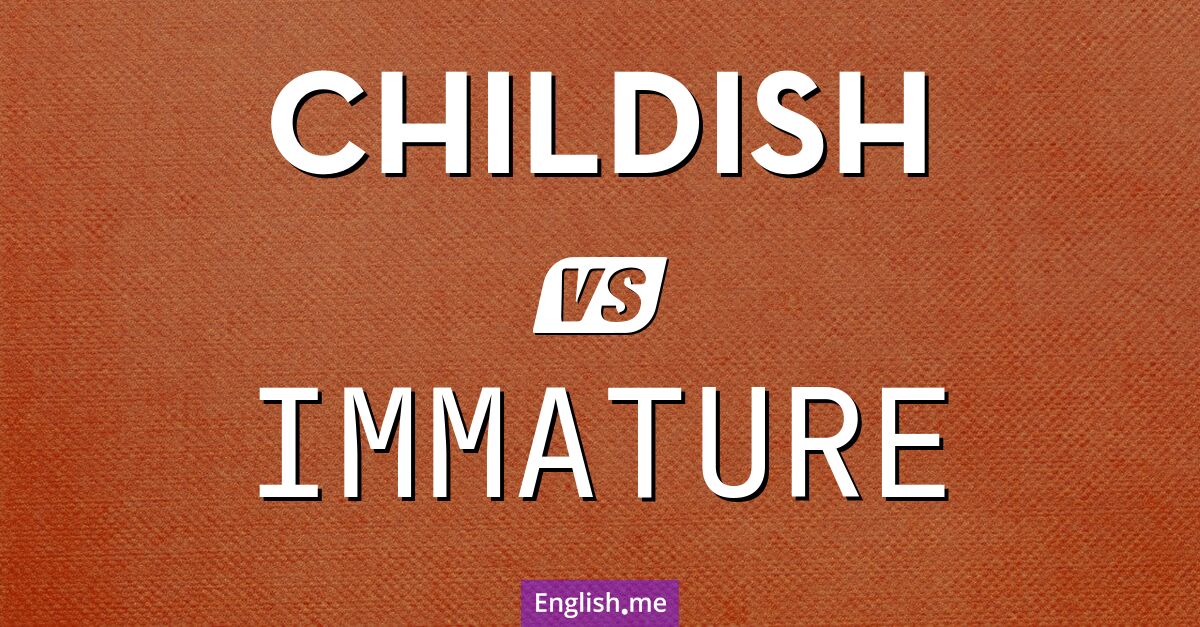
The subtle distinctions between "childish" and "immature"
Childish often connotes behavior typical of a young child, sometimes ... Learn more →
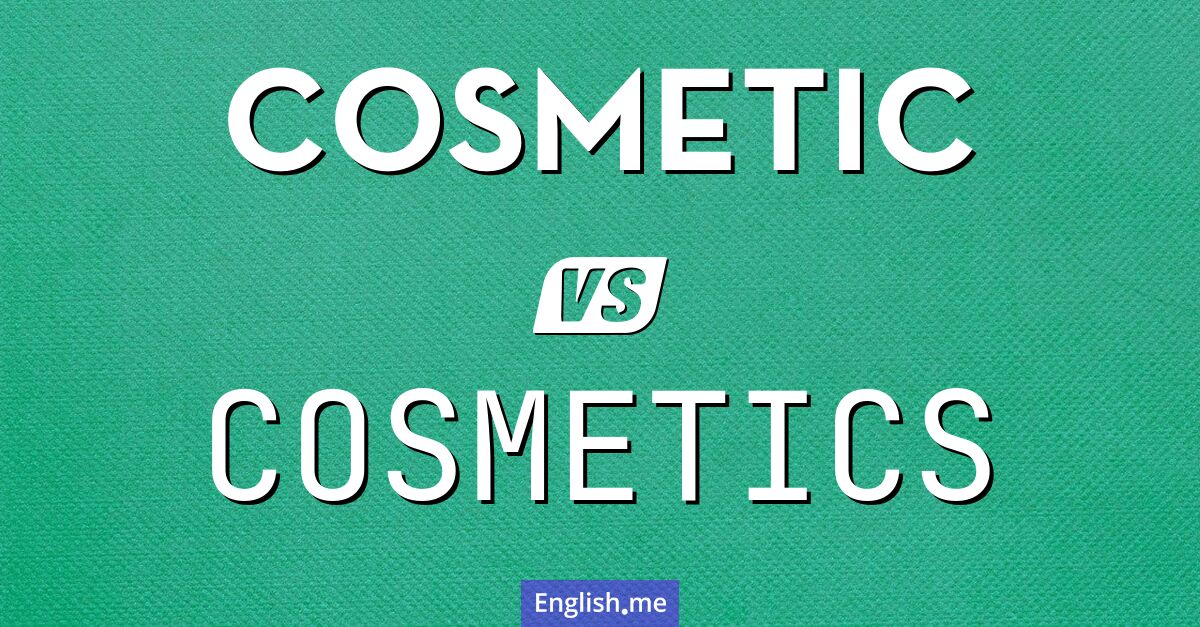
Unpacking the beauty: "cosmetic" vs. "cosmetics"
Cosmetic is an adjective or noun referring to something related ... Learn more →
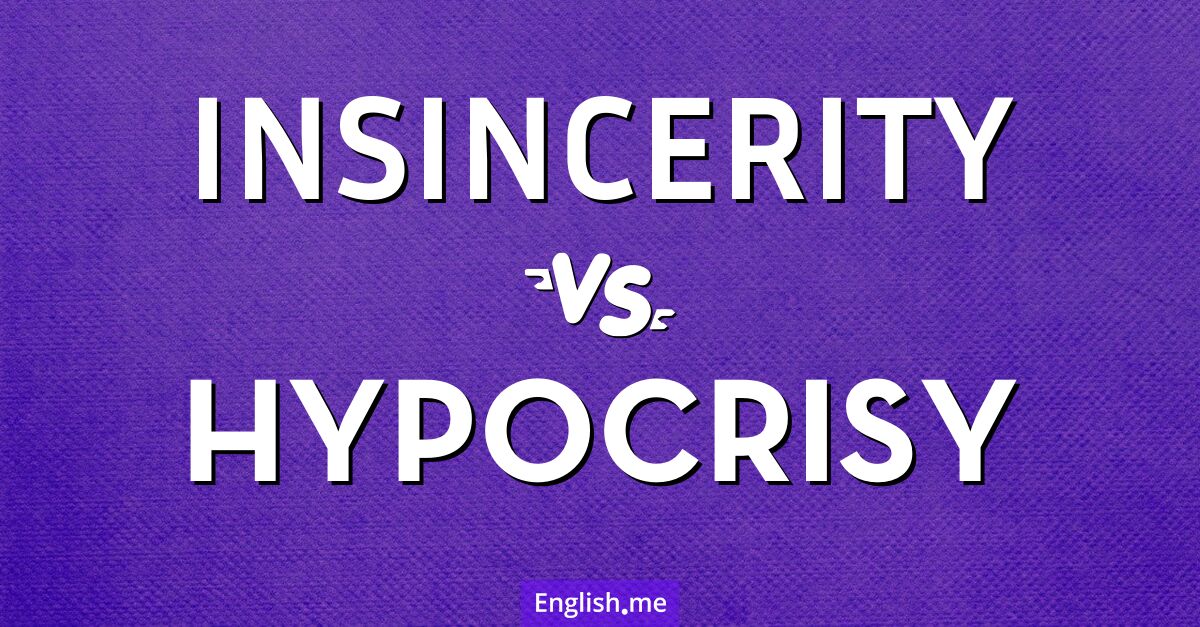
The fine line between "insincerity" and "hypocrisy"
Insincerity simply indicates that someone is not being truthful or ... Learn more →
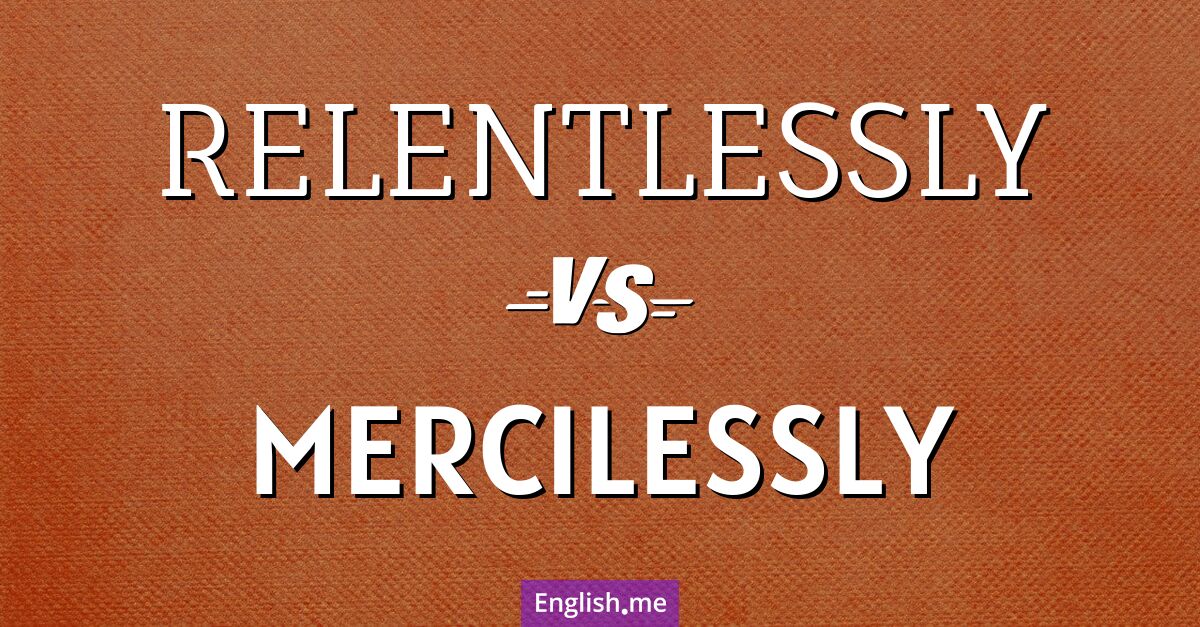
"Relentlessly" vs. "mercilessly": two sides of pursuit
Relentlessly implies persistence regardless of obstacles, while mercilessly adds a ... Learn more →
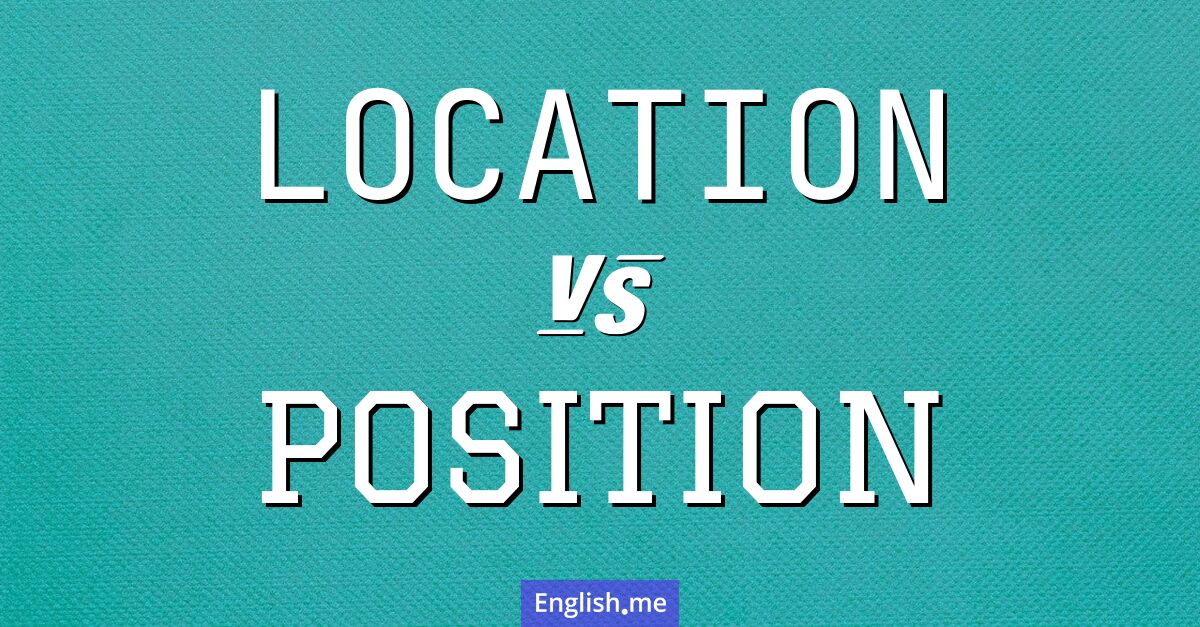
Spot the difference: exploring "location" vs. "position"
Location is generally a more specific term focusing on a ... Learn more →
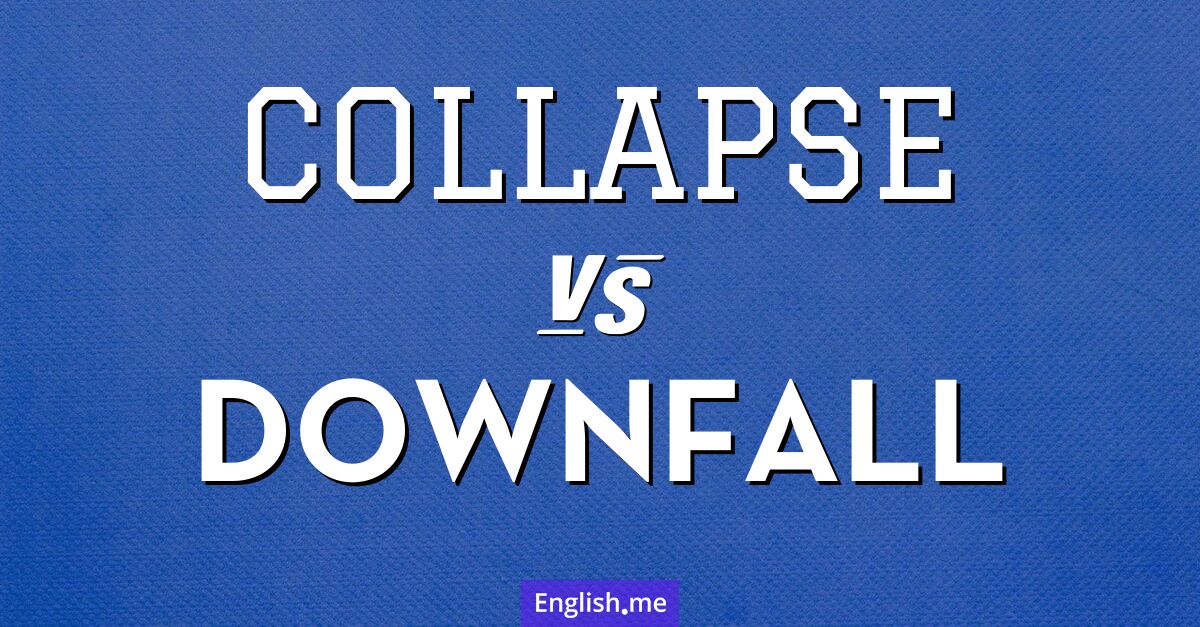
"Collapse" vs. "downfall": navigating the nuances of decline
Collapse refers to a sudden failure or fall, often physical ... Learn more →
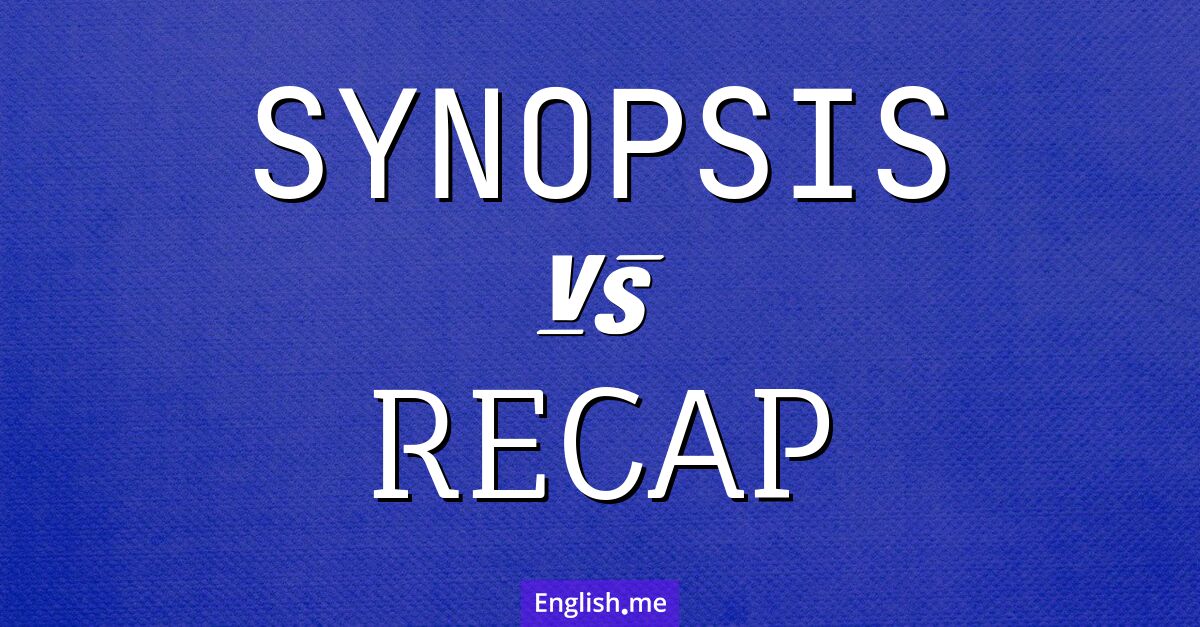
Unveiling the plot: "synopsis" vs. "recap"
"Synopsis" is often used for a detailed summary or overview, ... Learn more →
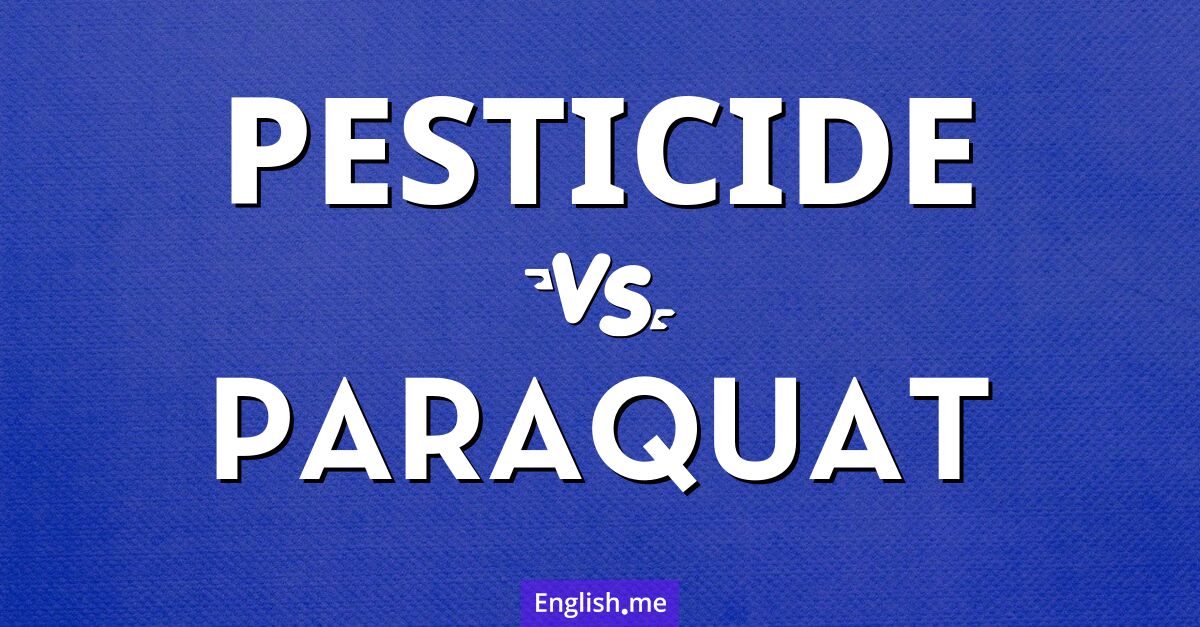
Word chemistry: unpacking "pesticide" and "paraquat"
Pesticide is a general term for substances intended to prevent, ... Learn more →

 English
English español
español française
française italiano
italiano deutsche
deutsche 日本語
日本語 polski
polski česky
česky svenska
svenska Türkçe
Türkçe Nederlands
Nederlands